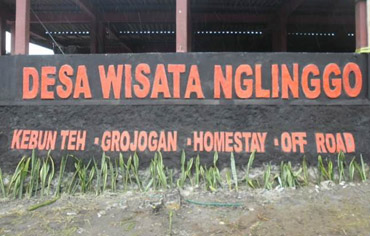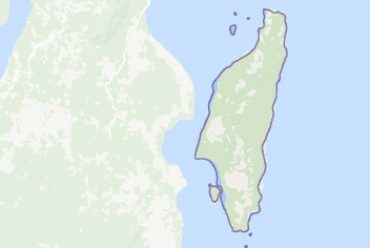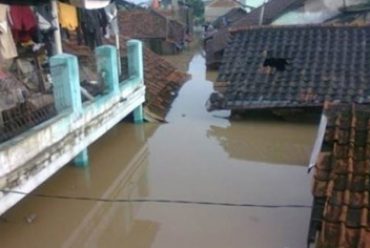Sustainable rural tourism development (Case Study Nglinggo Tourism Village, Kulon Progo Regency, DI Yogyakarta)
- Supervisors:
Dr. Endah Sulistyawati
Dr. Yooce Yustiana - Master’s Student: Rr. Yuliana Eka Prabandari, M.Si
Rural tourism is one of the development programs which aim to improve the welfare of rural communities. In recent years the growth of tourism village in Indonesia facilitated by Tourism National Programme for Community Empowerment (PNPM) Mandiri is increasingly rapid. Tourism villages development which tend only from the quantitative side finally make the quality of existing tourism village less attention. This condition should be balanced with the development of sustainable rural tourism in order that environmental services for tourism can be wisely used. One of the tourism village facilitated by Tourism PNPM Mandiri is Nglinggo Tourism Village (DWL). Even though as a pioneer tourism village in Kulon Progo Regency yet DWL is still in the developing stage. Hence, the sustainable rural tourism development in DWL should be done.
The main aim of this research is to develop a strategic plan of sustainable rural tourism development in DWL. In addition, this research also aims to identify and measure the level of tourism products feasibility offered by DWL and measure the value of tourism benefit in DWL. In this research data were collected through literature study, observation, interview, and questionnaire. The research methods used to achieve these aims are descriptive analysis for interpreting data, scoring method for valuing the level of tourism products feasibility, ITCM (Individual Travel Cost Method) for valuing tourism benefit, SWOT (Strengths, Weaknesses, Opportunities, and Threats) method for formulating development strategies, dan QSPM (Quantitative Strategic Planning Matrix) method for determining the priority order of those strategies.
The results of this research reveal that DWL has diverse tourism products including natural and culture attractions, basic and supporting facilities, the accessibility which supports the tourism experienced level, and management involving local communities with friendly service. In addition, based on the results of the assessment the DWL tourism product is feasible developed with index of feasibility 79,53%. While based on the calculation of ITCM, environmental service of tourism in DWL can generate tourism benefit Rp 312,050,649.35 within a year. In accordance with the DWL tourism condition, the strategic plan of sustainable rural tourism development in DWL is prioritized into three main things. Those are packaging entire tourism potential, optimizing the role of home industry, and forming the guidance of tourism village management.








No Comments